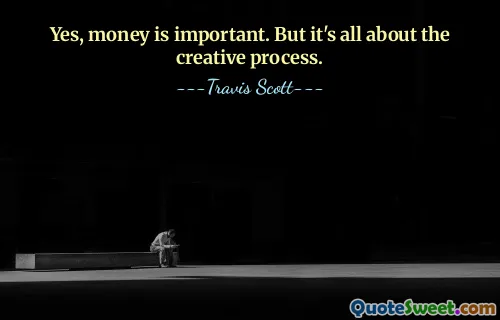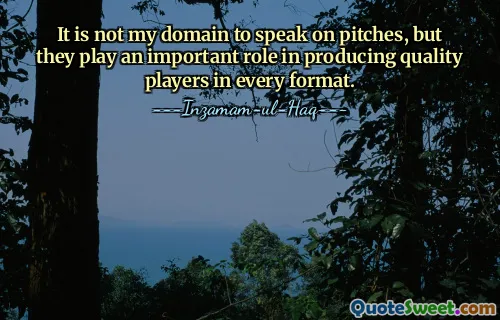
The most important thing is that the player is good enough and has a desire for the national team.
This quote emphasizes the dual importance of skill and motivation when it comes to representing a national team. It acknowledges that talent alone is insufficient; a player's dedication and desire to serve their country are equally vital. In competitive sports, especially at the international level, players face numerous pressures, from managing expectations to maintaining peak physical condition. The emphasis on 'good enough' underscores the necessity of having the requisite skill level to compete on the world stage, where even minor technical or tactical deficiencies can be exploited by opponents.
However, skill without desire can lead to mediocrity; a player might possess natural talent but lack the motivation to push beyond their limits or contribute to team unity. Desire fuels perseverance, a willingness to train harder, and a commitment to personal and team growth. It often differentiates good players from great ones — those who are willing to make sacrifices and show resilience amid setbacks.
From a coach's perspective, fostering both technical development and intrinsic motivation is crucial. A talented player with strong desire is more likely to buy into team strategies, embrace the discipline required, and inspire teammates. It also creates a positive team culture where commitment and passion redefine what success looks like.
Ultimately, this quote reminds us that sport is as much about human character as it is about physical ability. Building a winning team involves nurturing both skill and desire, ensuring that players are not only able but also eager to give their best for their nation.











